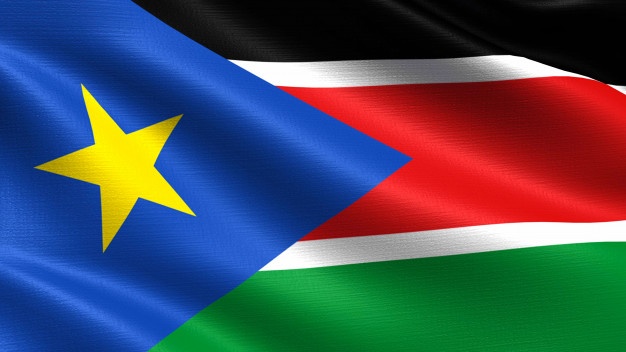South Sudan Cuts Interest Rate, Reserve Ratio to Buffer Economy

South Sudan’s central bank cut its interest rate and lowered the reserve requirement for lenders to free up liquidity as the coronavirus pandemic and the drop in oil prices hit the economy.
The monetary policy committee reduced the central bank rate to 13% from 15% and the reserve requirement ratio to 18% from 20%, Governor Gamal Wani Abdalla said in a statement Tuesday. With sub-Saharan Africa’s third biggest crude reserves, oil is South Sudan’s only export and the economy will be hit by the plunge in prices for the commodity, he said.
“The MPC resolved on easing monetary policy stance, a measure aimed at restoring confidence, while providing additional liquidity supporting the banking sector to address the fall in demand for credit,” according to the statement. “The sharp decline of the oil prices in the international market will undermine the prospects of positive economic growth.”
The economy of the East African nation has contracted for five of the nine years since its 2011 secession from Sudan. The International Monetary Fund still projects economic growth of 4.9% for 2020, less than half the rate of expansion in 2019.
Annual inflation has slowed from an average of about 60% in December to 33% in March, the Bank of South Sudan said.

